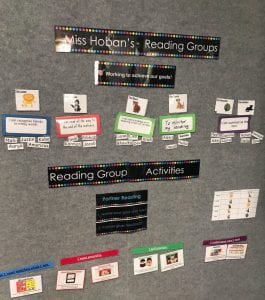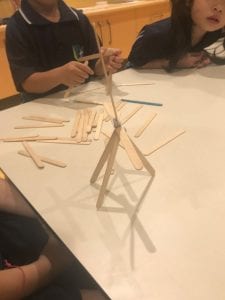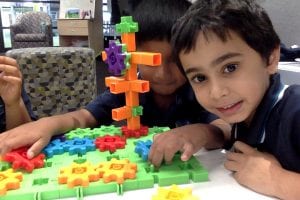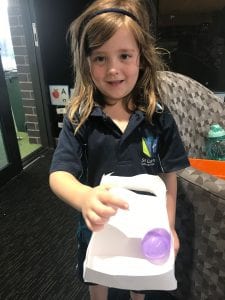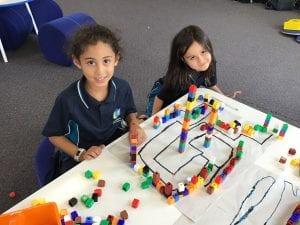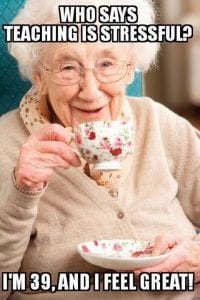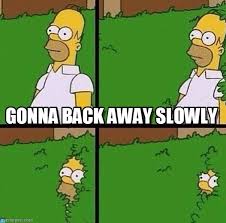Crazy, exhausting, hectic, manic. A few words many in the education world would use to describe term 4 (or perhaps any term as a teacher!).
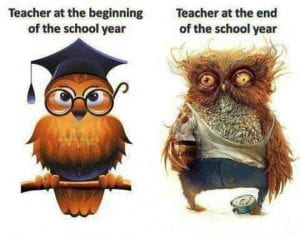
Yes term 4 comes with it’s challenges and it is all those things and more. However, for this blog, I have decided to reflect on the positive things that we get to experience as a teacher during Term 4 (and throughout the whole year!).
“Teaching is an exhausting, people centric job. But we’re in this work to change lives.”
Mark Scott - IOTF6 conference 2019
I am not sure I would word my reasons for teaching in this way but I do agree with Mark that teaching is: ‘an exhausting people centric job’. Teaching is exhausting because we walk alongside our students sharing in all of their experiences; suffering the lows and celebrating the highs. So much so that I usually end up calling them “my kids” or “our kids” with my teaching partner Sophie (@missclavertblog).
Term 4 is known for end of year reports, student led conferences, and parent meetings. Although these events bring exhaustion and stress, it also provides opportunities to reflect on how far ‘our kids’ have come. Each child’s learning journey is different. Some rocket through while others struggle over each and every hurdle but every achievement or ‘victory’, however big or small, is always celebrated with great joy.
Just yesterday Sophie and I were dancing around the room cheering with excitement for a student’s small victory.
 One of ‘our kids’, a year 2 student, has had quite a few struggles with their reading this year; having had a significant drop at the beginning of the year from the end of last year and working so hard all year to re-develop their reading skills. Yesterday, during a running record (reading assessment), they easily and fluently read a level 21. Now this doesn’t mean much to the outside world. Even within the teaching world or amongst their peers there would be questions and doubts about why we are cheering for this insignificant achievement, especially considering they still have a long way to go to be working where they need to be. BUT in our eyes this was HUGE. They have worked so hard all year and yesterday we could not have been prouder.
One of ‘our kids’, a year 2 student, has had quite a few struggles with their reading this year; having had a significant drop at the beginning of the year from the end of last year and working so hard all year to re-develop their reading skills. Yesterday, during a running record (reading assessment), they easily and fluently read a level 21. Now this doesn’t mean much to the outside world. Even within the teaching world or amongst their peers there would be questions and doubts about why we are cheering for this insignificant achievement, especially considering they still have a long way to go to be working where they need to be. BUT in our eyes this was HUGE. They have worked so hard all year and yesterday we could not have been prouder.
This is just one of thousands of times that we have celebrated the small victories of our kids. Teaching is exhausting but it’s moments like these that make it all worth it.







